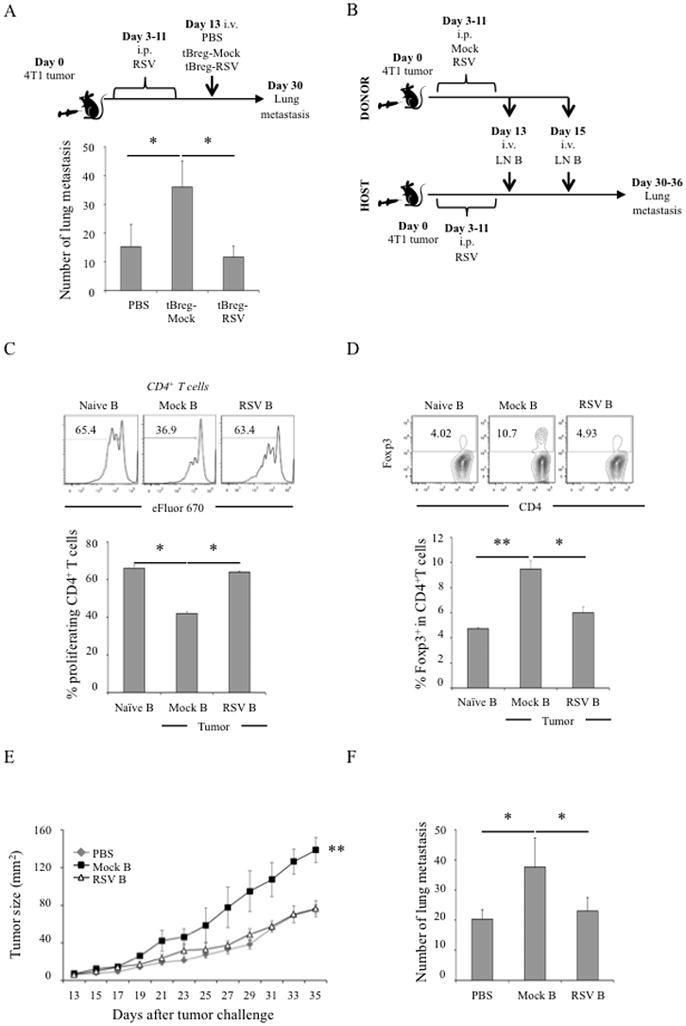Figure 3. RSV inhibits tBreg function in vivo.

To confirm tBreg inactivation by RSV, we performed series of adoptive transfer experiments with either in vitro (A) or in vivo (B–F) inactivated donor tBregs/B cells (see schemas in A and B). Host female BALB/c mice with 4T1 cancer were “depleted” of tBregs by treating every other day with RSV (50 μg) from day 3 through 11 after tumor challenge. At D13, mice were randomized and were adoptively transferred with ex vivo-generated tBregs in the presence of 12.5 μM RSV or mock-treated tBregs (A). In B–F, B cells were isolated from LN of donor tumor-bearing mice treated with RSV (50 μg) or mock (see schema in B) and used for adoptive transfer. These B cells were also tested for the ability to suppress CD4+ T cell proliferation (C) and convert FoxP3+Tregs (D) as in Fig.2B,D. The results were also compared with activity of naïve mouse B cells (naïve, C and D). B cells/tBregs from mock, but not RSV, treated mice augment 4T1.2 cancer growth (E) and lung metastasis (F) when adoptively transferred into host RSV-pretreated mice, as compared with control mice injected with PBS (PBS, E and F). Histograms in C and D are representative flow cytometry data of the graphs (mean ± SEM) shown in lower panels. Every result was reproduced at least twice in 4–5 mice per group experiments.
